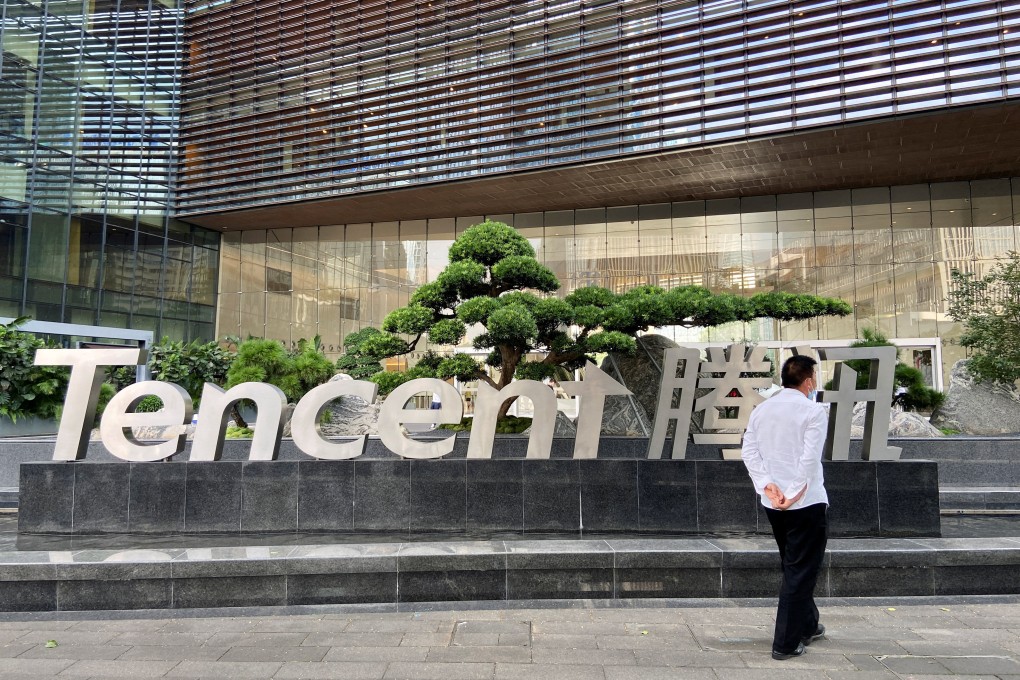Tencent set for growth path in fourth quarter on revenue from video monetisation and new online games, Goldman says
- Efforts to monetise video accounts and the release of a delayed online game will yield revenue and profit growth in the fourth quarter, the investment bank says
- Citic Securities says Tencent’s earnings may have bottomed out in the third quarter on measures to cut costs and improve efficiency

Tencent Holdings will probably chart stronger revenue and profit growth from this quarter, as the operator of Chinese social-media tool WeChat ramps up efforts to monetise its video accounts and releases a much-awaited online game, Goldman Sachs said.
Tencent’s third-quarter earnings report is due November 16. Tech peers Alibaba Group Holding, Meituan and JD.com are also due to release their quarterly report cards next month.
Tencent is set for revenue growth recovery “with the pace gradually accelerating into 2023,” Goldman analysts led by Ronald Keung wrote in the report. “We expect management to continue to return value to shareholders while rationalising spending.”

The Wall Street investment bank expects Tencent to post a 1 per cent drop in revenue and an 8 per cent decline in operating profit for the third quarter, citing weakness in the group’s gaming, advertising and fintech units. That would extend its earnings woes from the second quarter, when revenue shrank for the first time in at least a decade and profit tumbled 56 per cent.